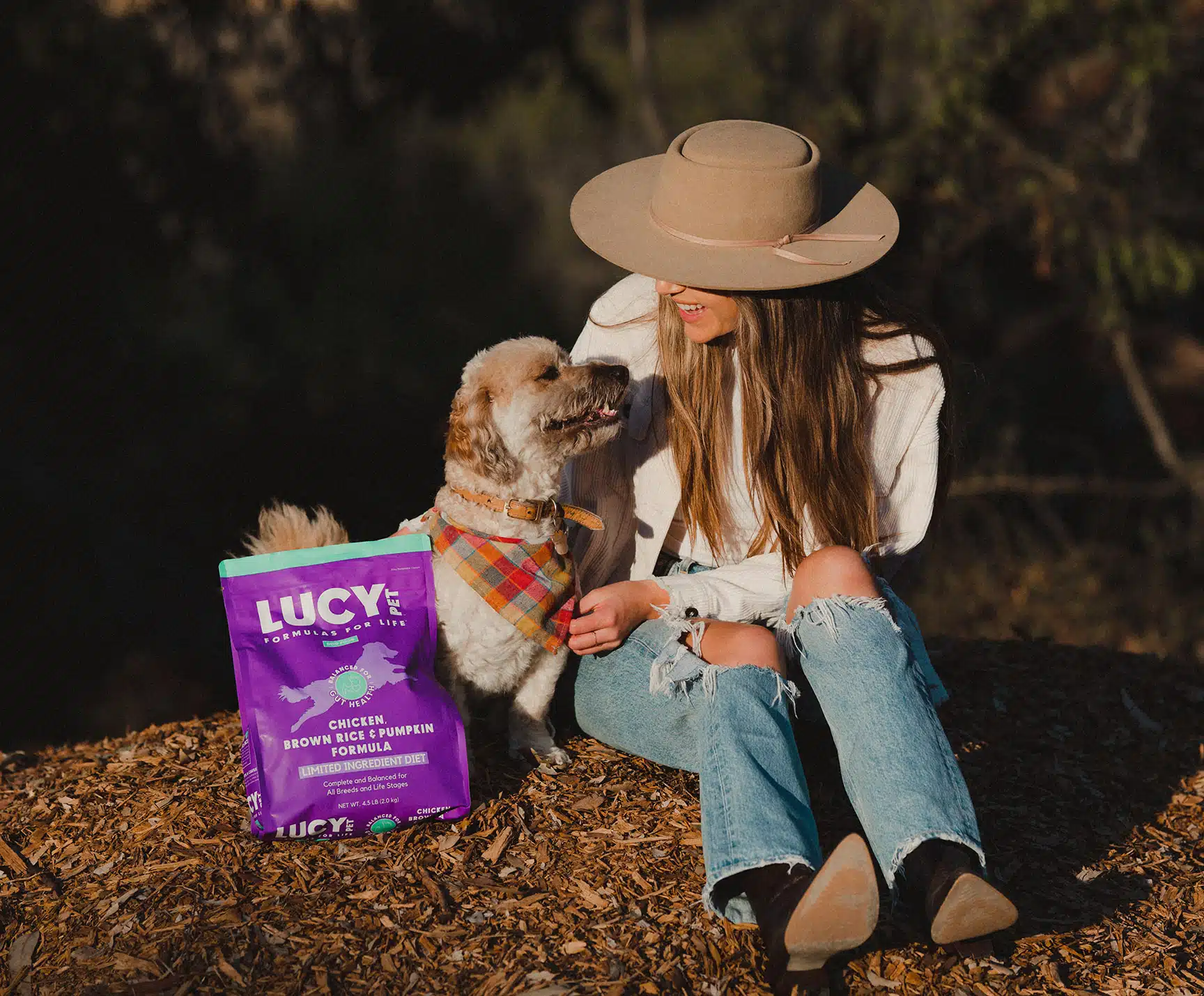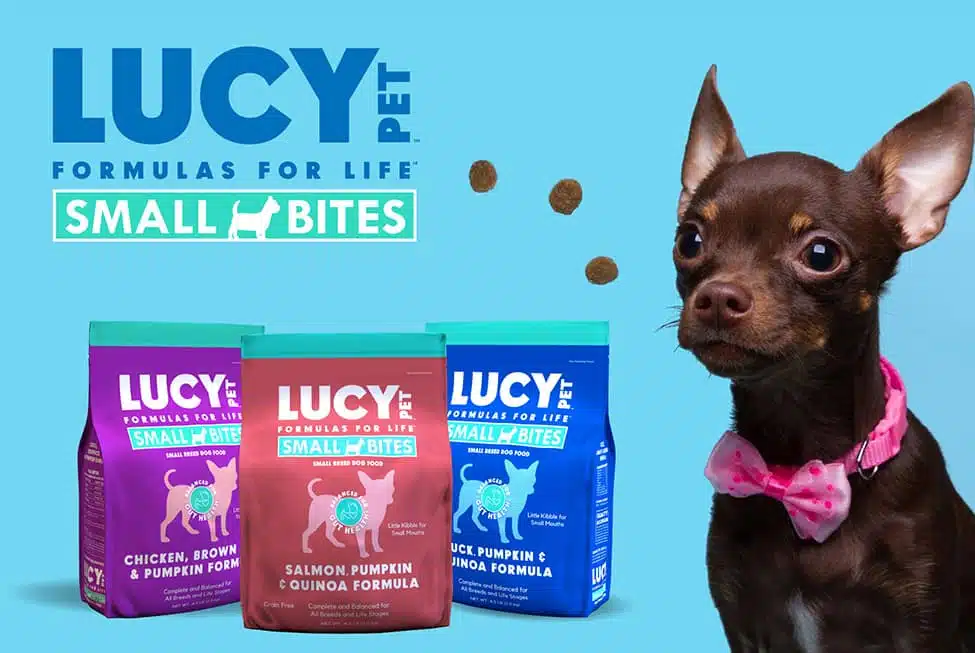In a previous blog post, “Kelp: The Superfood from the Sea” we shared some insights about the kelp we use in our P.B.F. Prebiotic Balanced Fiber™ blend. We chose this particular species of kelp “Ascophyllum nodosum” because it has consistent nutrient qualities, is safe, free of contaminates, and is non-toxic. It grows naturally off the shores of Nova Scotia, Canada and is manually harvested to guarantee the sustainability of this valuable marine resource and protect its ecosystem. The Lucy Pet nutrition team spent a great deal of time studying the various types of kelp and health benefits of each. We also chose this variety because there have been extensive studies done in recent years which illustrate just how beneficial this particular variety of kelp can be to animals.
There are four categories of key health supporting qualities of kelp for animals. To find out more about the research we considered in formulating our Formulas for Life ™ with P.B.F Prebiotic Balanced Fiber ™, look further at these studies below.
Gastro Intestinal Health: The unique fiber profile of this kelp acts as a prebiotic, supporting normal digestive function.
Immune Defense System: The insoluble fiber and polyphenol compounds support the immune system in a unique way.
Other findings of the research we studied included:
- How the Polyphenolics, Flavonoids, and Fucoxanthan act as antioxidants within the gastro intestinal tract, which is an important system function.
- How Ascophyllum nodosum kelp may support an animal’s natural ability to resist stress.
Some of the data supporting these findings can be found in the research of Sullivan et al., 2010 but we have numerous other supporting studies we referenced. Here you can review the beneficial compounds in this sea kelp variety that led us to utilize it as part of our exclusive P.B.F. Prebiotic Balanced Fiber ™ blend.
Supporting Research & Studies:
- For Improving GI health and building strong immune defenses there are several main studies:
- Arata et al., 2012: This study evaluated the gut histology of this sea kelp versus other prebiotics often used, such as inulin. The sea kelp we use showed improved GI tract histology over the control group.
- Wisemann, 2012: Masters studies evaluating this sea kelp as a prebiotic. (Multiple studies).
- For Stress reduction, in particular from heat.
- Pompeu 2001 Evaluated this kelp’s ability to aid in situations of heat stress. Feeding the kelp helped maintain normal biological systems of lactating females through times of stress.
As a leading innovator in nutrition for dogs and cats, Lucy Pet is committed to bringing true innovation to the pet food industry. We continually strive to not only find the kinds of innovative ingredients that can be benefits to dogs and cats, but to also study them thoroughly, and work with the world’s leading experts in how to use them correctly in a pet food. Some pet food brands may use kelp in their diets, but Lucy Pet has taken the time to find a unique variety of kelp and the expertise on how to blend and use it in conjunction with other ingredients in our exclusive P.B.F. Prebiotic Balanced Fiber ™ blend. Click here to learn more about Lucy Pet Formulas for Life™
Supporting Research








